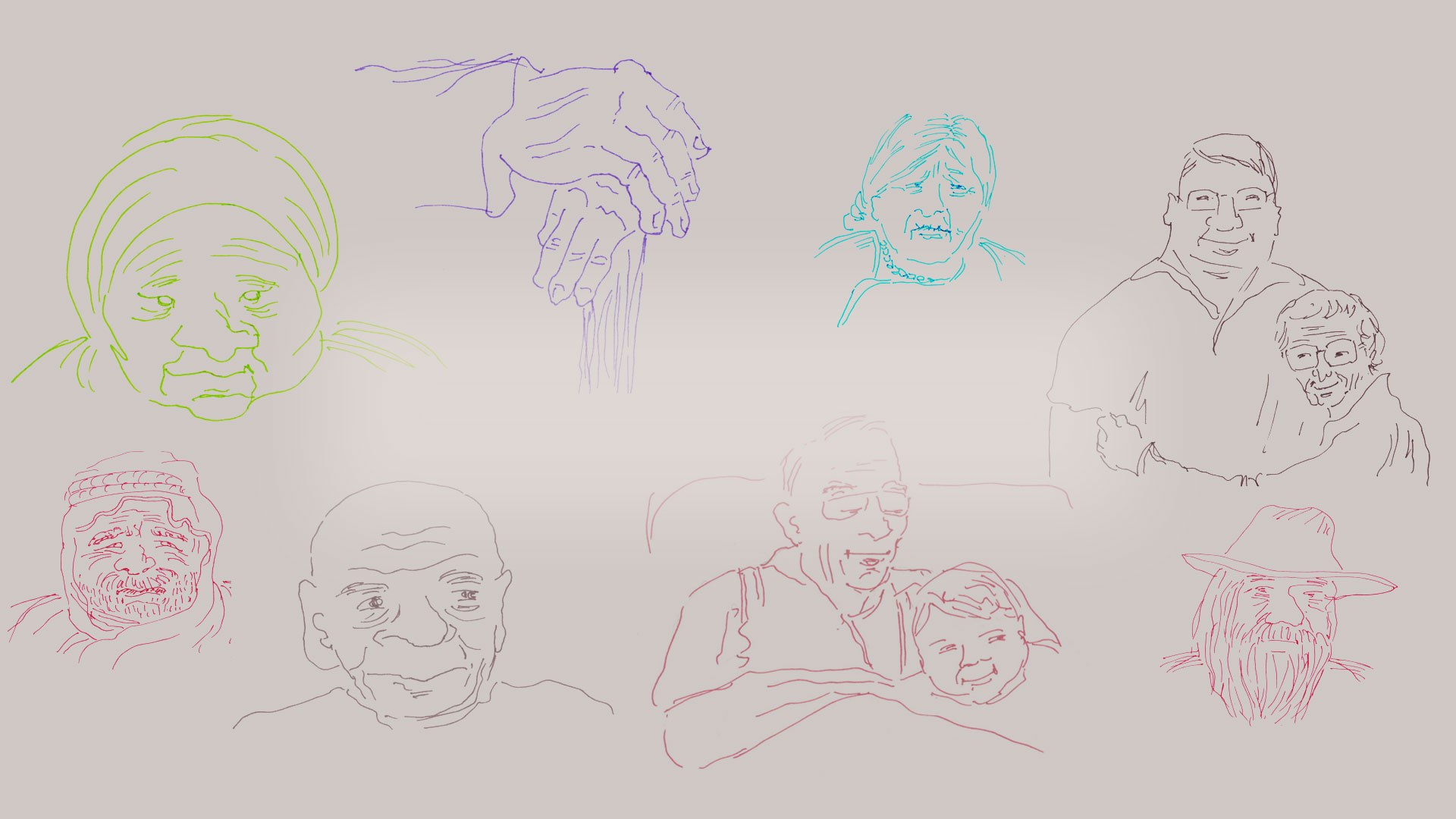(Because of my advanced MO degree, I am a bona fide Master of the Obvious. That’s why this entry will likely tell you something you already know. In this case, what’s obvious is this: That although I think of myself as helpful, I’m probably also someone who other people think could use some help!) For a good share of my life—continuing into these later decades—I’ve thought of myself as someoneMORE...
Partners in recall
I enjoy leisurely conversations with other elders. Sometimes in our chats, a word or phrase can suddenly become unavailable. The mutual sharing can come to a halt. One among us seems caught in temporary forgetfulness. At those moments, embarrassment can insert itself into the relationship. When that phenomenon lasts for more than a few seconds, the rest of us wonder: “How can we help?” OneMORE...
Annas among us
Standing at the center of the events surrounding the circumcision and naming of Jesus is an elderly woman. (See Luke 2:36-38 for the story.) What’s perhaps overlooked about the narrative: She’s identified as “the prophet Anna.” At 84 years of age, this devout woman entered the ritual scene that had just featured a song by the “good man” Simeon. Her reaction to Jesus’ presence befitted herMORE...
Living the descant
Living joyfully through a variety of worship services this past holiday season, I realized how many descants I’ve heard during that time. As you might imagine, “This got me to thinking….” In its original Latinate form, a descant was a cantus (voice) set apart. Connected loosely to the emergence of polyphonic (many-voices) musical styles, the descant was a melody—usually sung or played at aMORE...
The quiet family
Today might be a good time to start thinking about this coming Holy Family Sunday: Imagine how it might have felt for Mary and Joseph after the shepherds had headed back to their flocks. This new family was alone once again. Their makeshift maternity ward was still a stable. They were still political pawns in Rome’s bean-counting census. They were still strangers in this village far away fromMORE...
Fear not….
Now’s the season when “Fear not!” claims its place in the lexicon of faith-based attitudes and actions. The sources of this proclamation include a variety of angelic greetings—to Zechariah, Mary, Joseph and the shepherds—as well as Jesus’ assurances throughout his ministry. Well-reasoned sermons and Christmas greetings notwithstanding, part of me wants to say, “Wait a minute…!” I know theMORE...
Sursum corda
An ancient interchange begins the Eucharistic Prayer section of each Sunday’s liturgy. The celebrant invites us to ”Lift up your hearts,” to which we respond, “We lift them up to the Lord.” This versicle—literally “upward hearts”—frames the following rituals with joy. During these Yuletide days, the sursum corda exchange might also be another way to say “Merry Christmas.” There’s somethingMORE...
The last time
One Advent theme that doesn’t get much attention comes from the idea that we live in the last times. That the world will end, perhaps soon and perhaps suddenly. The connected thought: As we head toward the end of our lives, there will be a host of “last times”—final events, thoughts and relationships that have graced our lives. Examples: The last Christmas involving your whole family; yourMORE...
Internal derangement?
As the result of some recent medical tests, I have come to find out that part of one knee is “internally deranged.” Always curious about anything medical, I wondered where else this diagnosis might apply. What other thoughts it might eventually generate. If deranged denotes the generic misplacement or inappropriateness of something, I’m willing to accept that diagnosis as generally true about meMORE...
Moral injury
The December, 2022 issue of Scientific American included an article titled, *“An Invisible Epidemic.” Its subject: Moral injury, a psychological condition that results when someone’s principles are violated by contextual necessities. Examples include: healthcare providers during COVID’s worst days or soldiers killing civilians during wartime. Ethically wrenching situations were their new normalMORE...

